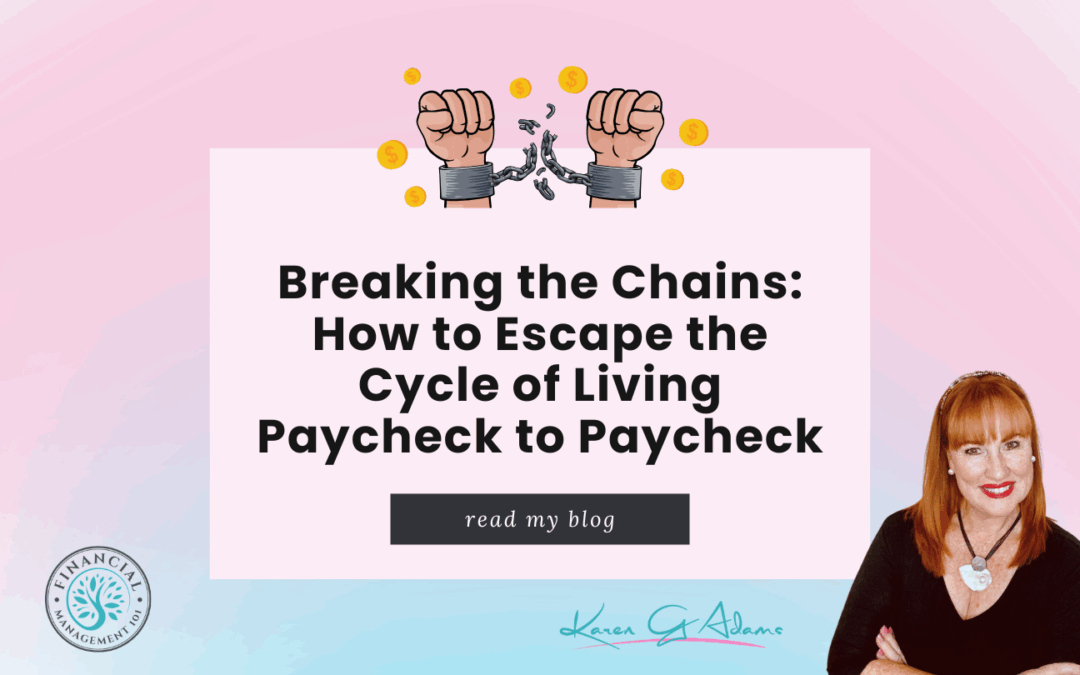
Level Up This Year: How to Build Wealth Without Giving Up Lattes
You’ve probably heard it before: “If you just stopped buying lattes, you could be rich.”
But let’s be real, if skipping your morning coffee was the key to financial freedom, we’d all be billionaires by now.
Here’s the truth: Building wealth isn’t about punishing yourself or cutting out everything you love. It’s about making smart, consistent choices that align with your values, not someone else’s.
So if you want to enjoy life and get ahead financially, this blog is for you. Let’s explore how to build real wealth – without giving up the things that make life sweet (yes, even coffee!).
1. Mindset First: You Don’t Have to Choose Between Wealth and Joy
The idea that wealth only comes through sacrifice is outdated. You don’t need to live like a monk or say no to brunch forever. Real wealth starts with believing two things:
- You deserve financial freedom
- You can create it without hating your life
When you shift from a scarcity mindset (“I have to cut everything”) to an abundance mindset (“I can choose what matters”), everything changes.
Action step: Write down 3 financial goals and 3 lifestyle joys you want to keep. Your plan should support both.
2. Track What You Value – Not Just What You Spend
Traditional budgets focus on what you shouldn’t spend. But what if you focused on spending money in alignment with your values instead?
Look at your spending over the last month and ask:
- What purchases brought me joy, convenience, or peace of mind?
- What felt like a waste or left me feeling guilty?
Then realign your money flow. That $5 latte that makes your morning? Keep it. That $80 impulse buy that still has tags? Rethink it.
Action step: Run a “joy audit” on your last month of spending. Highlight the purchases that felt aligned, and flag those that didn’t.
3. Automate Your Wealth (Before You Spend a Cent)
Want to know the real millionaire habit? It’s automation. Set your money to flow to the right places before it hits your hands. That way, you can sip your latte knowing your future is sorted.
Set up automatic transfers to:
- A high-interest savings account (for goals and emergencies)
- A separate investment account (for long-term wealth)
- Your superannuation (if self-employed or wanting to top up)
It’s about paying yourself first, not last.
Action step: Set up at least one automatic savings or investment transfer this week. Make it non-negotiable.
4. Define What Wealth Means to You
Forget the Instagram version of wealth (yachts, Lambos, designer bags). Real wealth is personal. Ask yourself:
- Do I want time freedom?
- Do I want to travel regularly?
- Do I want to retire early or work part-time?
When you know your definition of wealth, you can build a plan that supports it, and stop wasting money on stuff that doesn’t.
Action step: Write your own wealth statement: “Wealth means I can…”
5. Start Investing (Even if It’s $20 a Week)
You don’t need thousands to start building wealth through investing. In fact, starting small now is more powerful than waiting until you have “enough.” Options to explore:
- Micro-investing apps (great for beginners)
- Low-cost index funds or ETFs
- Contributions to super
The earlier you start, the more compound growth works in your favour. And the less you have to sacrifice later. Remember to always seek financial advice from a qualified financial advisor before making any investment decision to ensure it’s right for you.
Action step: Seek a financial advisor to assist you with this decision.
6. Give Every Dollar a Job (Even the Fun Ones)
Building wealth doesn’t mean no fun – it means intentional fun. Instead of “cutting back on takeaway,” try this:
- Create a monthly Fun Fund
- Allocate a set amount to guilt-free spending
- Spend it however you like, then stop when it’s gone
This gives you freedom and boundaries. No guilt, no blowouts, just balance.
Action step: Add a “Fun” or “Joy” category to your spending plan. Fund it. Enjoy it.
7. Get Support That Feels Empowering (Not Shame-Based)
Too many people avoid money stuff because they feel judged or overwhelmed. But you don’t have to go it alone.
Whether it’s a financial coach (like myself), a podcast, a money-savvy friend, or a Facebook group – find people who build you up and help you stay focused.
Action step: Book a free chat myself your financial coach to see how I can help you
You Can Build Wealth and Still Enjoy Your Life
Here’s the bottom line: Wealth is about alignment, not restriction. When you:
- Spend on what matters to you
- Automate your goals
- Keep learning and adjusting
…you create a financial life that feels both empowered and enjoyable.
You don’t have to sacrifice every latte, birthday dinner, or yoga class. You just need a plan that includes them on purpose.
Ready to start building real wealth – your way?
Book your free discovery session today. Let’s map out a money plan that supports your goals and your lifestyle.
Because you deserve both.
Money is a tool. Use it to build a life you love – latte included.























